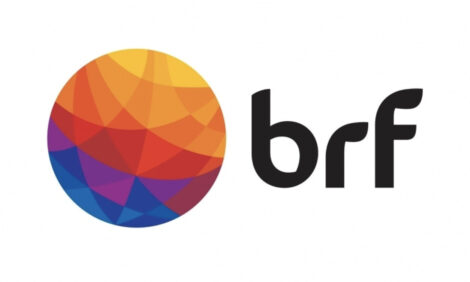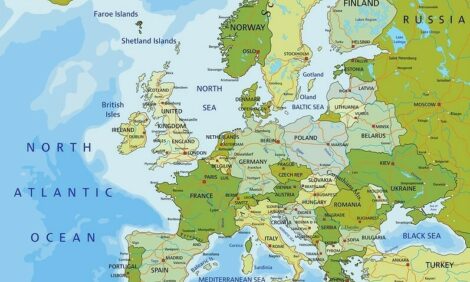



Overview of This Week's Poultry Industry News
ANALYSIS – This week, the EU’s animal welfare strategy is being debated in Brussels, writes Jackie Linden. With an overall aim towards an integrated approach to welfare, consumers are to be more empowered with their purchasing choices and enforcement of existing rules is to be strengthened. As one example of growing consumer power, more than 5,000 people in the UK have pledged their support to keeping eggs from hens in battery cages out of the UK. Also in the EU, the proposed reforms to the CAP are likely to receive strong opposition if the mood at a recent farmers' union conference in the UK is a fair reflection of opinions in other member states.In Brussels this week, delegates to a conference have been examining the new EU animal welfare strategy, which has the aims of enhanced consumer empowerment and strengthening the enforcement of existing rules in an integrated approach to animal welfare.
Health and Consumer Policy Commissioner, John Dalli, said: “Ethical issues surrounding animal welfare are becoming an integral part of food quality. Consumers are increasingly factoring in welfare considerations into their purchases. Giving consumers access to the right information so that they can make informed choices will help drive our animal welfare policies forward. Informed consumers are empowered consumers. Dedicating resources to education and training as well as strengthening enforcement will deliver both in economic and in welfare terms.”
Secretary-General of the farmers association Copa-Cogeca, Pekka Pesonen, stressed: ‘We believe opportunities exist for a more market–orientated animal welfare. But it is essential for farmers to be able to recover their additional costs from the market. This requires consumers being aware of their responsibilities and being willing to pay for additional welfare measures. EU farmers knowledge and efforts to ensure a high level of animal welfare must be recognized. More objective and effective communication is need to promote the EU model of agriculture.”
Per Olsen, Chairman of the EU animal health and welfare working party, underlined the need for coherent EU policies that enable farms and businesses to remain economically viable whilst responding effectively to consumers' needs and wishes together with the new challenges such as growing demand for food, limited natural resources, the effects of climate change, the emergence and spread of new diseases and free market competition across EU Member States and non-EU countries. Copa-Cogeca calls on the EU Commission to develop the new strategy on animal welfare in a broader and more coherent EU policy framework which includes environmental, climate change, competition and trade policies.
Reforms to the Common Agricultural Policy could be in for a bumpy ride when they come before the European Parliament. At the recent conference of the National Farmers Union in the UK, the reforms that have been proposed by the European Commission were severely questioned by the farmer representatives.
In the UK, it is reported that more than 5,000 people have pledged to support the fight to keep eggs and egg products produced from illegal battery cages out of the UK.
Poultry welfare has also been in the news in the US, where a large catering company has announced the roll–out of what has been described as the food service industry’s most comprehensive farm animal welfare policy to date. Bon Appétit Management Company, which operates more than 400 cafés for corporations, universities, museums and specialty venues in 31 states is to switch all of its pre-cracked (liquid) eggs – currently 11 million eggs annually – from hens confined in battery cages to those from cage-free farms, and it has eliminated foie gras from its menus.
Also in the US, 27 groups representing a wide spectrum of public interests have signed up to a statement opposing proposed "ag-gag" legislation that is being considered in several states. The groups believe that the bills seek to criminalise investigations that reveal animal abuse and could suppress critical information about the production of animal products on agricultural facilities.
Turning to bird flu news, experts at a recent WHO meeting agreed to extend a moratorium on research into modified H5N1 flu strains, whilst expressing their support of work on naturally occurring strains. The decision follows recent controversy in the scientific world over the potential risks of publishing information that could be misused by bioterrorists. Since the start of February, thousands of poultry have died or been culled as the result of H5N1 flu in Viet Nam, and outbreaks have also occurred this year in India, Bangladesh, Nepal, Burma and Bhutan and in ostriches in South Africa. Several H5N1–positive wild birds have been found dead in Hong Kong.









